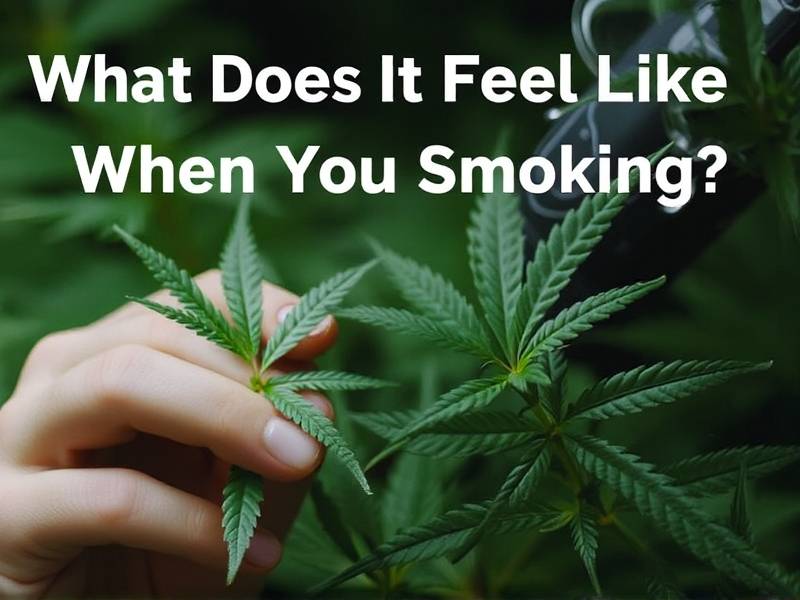What Does It Feel Like When You Quit Smoking Weed?
"The Emotional Journey of Quitting Weed: What to Expect"

Introduction: Quitting smoking weed can be a transformative experience, both physically and emotionally. Understanding what to expect can help you navigate this journey more comfortably. In this article, we delve into the emotional aspects of quitting weed and provide insights into the feelings you might encounter along the way.
-
The Initial Withdrawal Phase When you quit smoking weed, it's common to experience withdrawal symptoms. These can include irritability, mood swings, and cravings. It's important to remember that these feelings are temporary and will diminish over time.

-
Navigating Mood Swings One of the most notable emotional changes after quitting weed is mood swings. You might find yourself feeling more anxious or irritable than usual. This is because your brain chemistry is adjusting to the absence of THC, the psychoactive compound in cannabis.
-
Discovering New Emotions As your body adjusts to life without weed, you may start experiencing emotions that were previously suppressed or masked by its use. This can be a liberating experience as you gain a deeper understanding of your own emotions and reactions.
-
Coping with Cravings Cravings for weed can be intense, especially during the first few weeks after quitting. It's important to develop healthy coping strategies such as engaging in physical activity, practicing mindfulness techniques, or seeking support from friends and family.
-
Increased Self-Reflection Quitting weed often leads to increased self-reflection as you become more aware of your thoughts and feelings without the influence of cannabis. This newfound clarity can help you make positive changes in your life.
-
Celebrating Milestones Recognize and celebrate your milestones as you progress through the quitting process. Whether it's a day, a week, or even a month without smoking weed, acknowledge your hard work and dedication.
-
Long-Term Emotional Benefits As time goes on, you'll likely notice long-term emotional benefits from quitting weed, such as improved mental health and better relationships with loved ones.
Conclusion: Quitting smoking weed can be an emotionally challenging journey, but it's one that leads to personal growth and well-being in the long run. By understanding what to expect emotionally and developing healthy coping strategies, you can navigate this transition more effectively and emerge stronger on the other side.
Note: The information provided in this article is for general knowledge purposes only and should not replace professional medical advice or treatment. For personalized guidance on quitting smoking weed, consult with a healthcare professional or addiction specialist.
